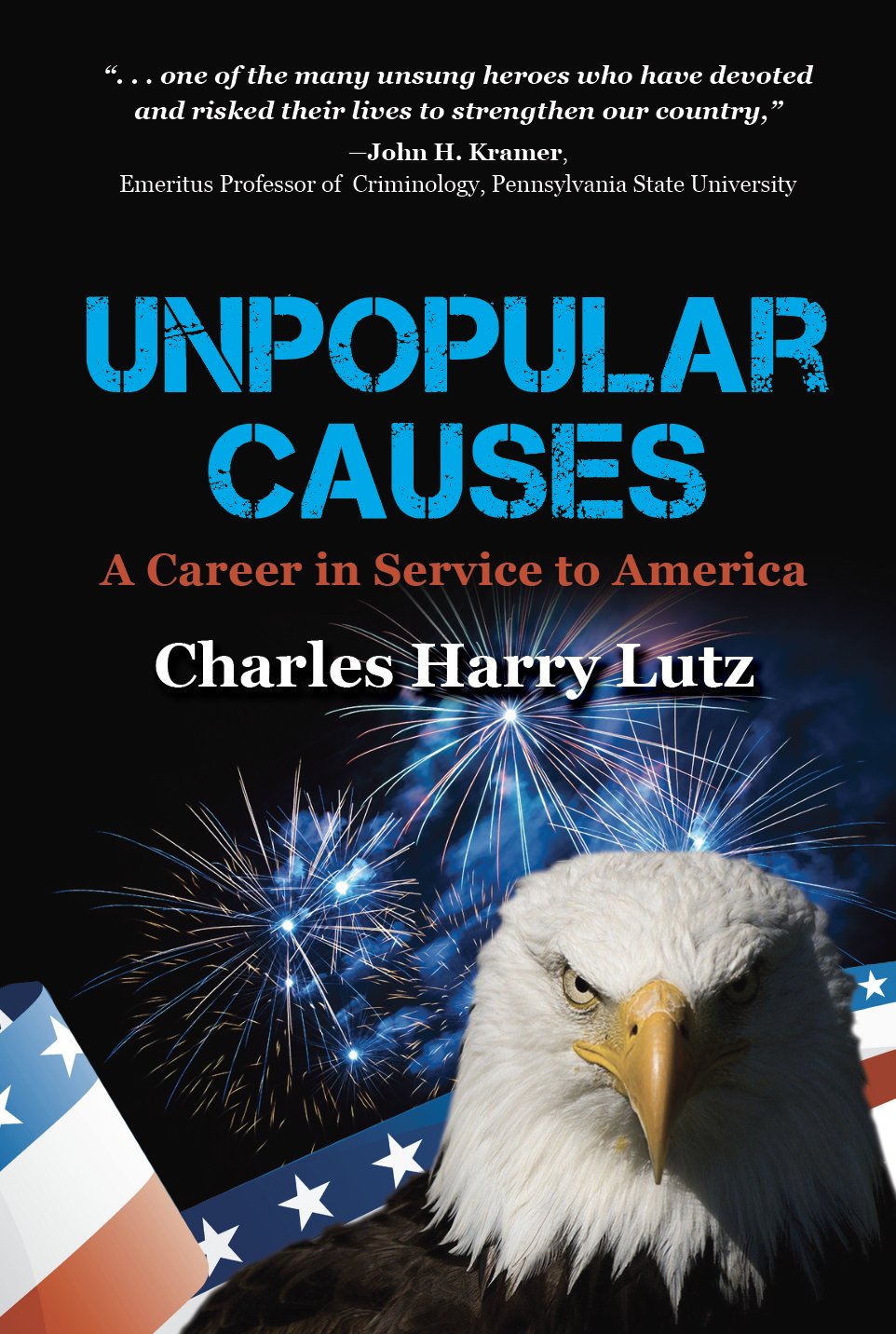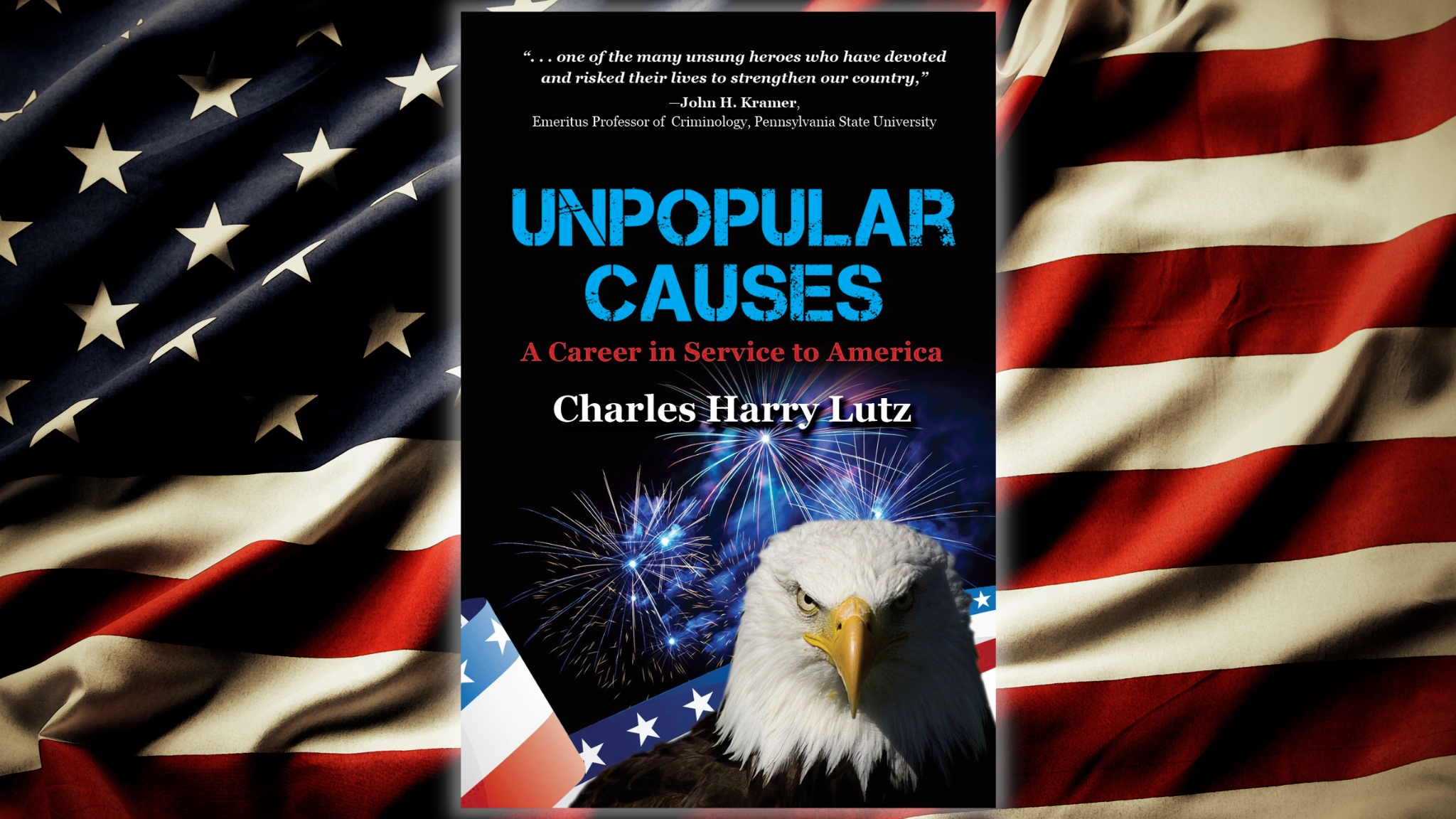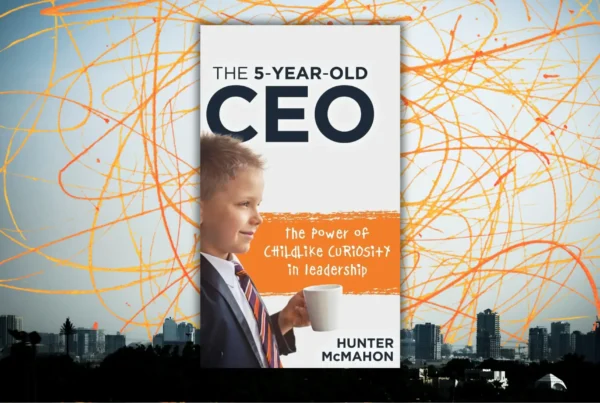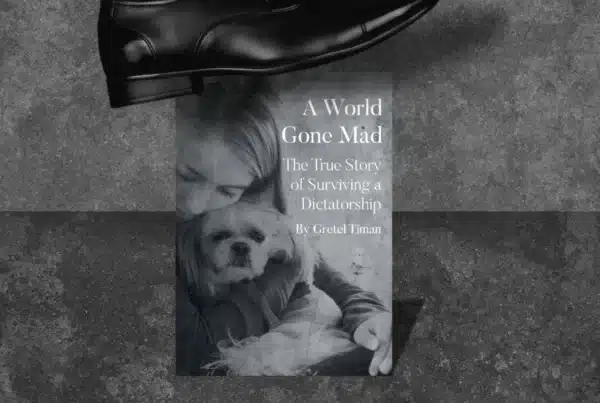Unpopular Causes: A Career in Service to America by Charles Harry Lutz
“We were expecting a knock at the door. When it came, my partner Matty and I gave the hotel room one last visual check. Everything seemed in place — my suitcase sat on the floor with the Amsterdam baggage tag clearly in view; my bogus Pan Am identification card lay on the dresser. I straightened my tie and took a deep breath. It was show time!”
This is no Hollywood script. It is a slice of real life (in this case a setup in an international heroin case) — the life of Charles Harry Lutz, whose riveting memoir Unpopular Causes (StoneBear Publishing) offers one man’s unique vantage point fighting the war in Vietnam, the war on drugs and the war on terrorism across five decades of federal government service.
Memoir That Feels Like It Should Be a Movie
Ironically perhaps, Lutz writes in his introduction, “After run-ins with ruthless drug traffickers, organized crime thugs, and policymakers in Washington, I’m still not certain which of them has been the more formidable adversary.”
One might be inclined to chuckle at Lutz’s comment, particularly given the nature and seriousness of the subjects. Lutz has lived a life and career that has continually placed him in perilous situations. In his book, he describes many of them in great detail — what was happening, how it was happening, the strategies behind them, his personal insights in the process, and their relevance to the bigger picture. His specifics and clarity in the narrative will quickly win over readers, who will have to stop and remember from time to time that this is not a work of fiction.
As readers follow Lutz’s career through the fields of Vietnam and as a Special Agent and leader in Drug Enforcement Administration and other agencies, they are treated not only to first-hand accounts of an undercover agent at work and taken into the seamy world of high-stakes international crime, but also to a rare history lesson into the intricate world of drug trafficking and terrorism. It’s clear Lutz knows his stuff — he had to in order to survive, and that comes through loud and clear in the pages. He is a trusting, knowledgeable guide.
Keen Observations and Firsthand Accounts
Lutz divides the book into three parts: his stint in Vietnam first behind the scenes and then on the front lines, his service to curtail drug trafficking both in the U.S. and on the international stage, and his involvement in security to stifle international terrorism and work closely to improve the reputation of the air transportation system.
While Lutz’s career and keen observations are stories onto themselves, the dazzle of this memoir is the incredible set of anecdotes of Lutz in action — tales of individual cases and operations on various scales, some of the highest profile and one even netting him a letter of recognition from President Gerald Ford. He finds himself everywhere from staring down enormous quantities of heroin to providing a briefing to then Attorney General Janet Reno. He also pays special tribute to the man who he regards as the father of drug law enforcement, Harry Jacob Anslinger.
Is there a greater purpose to all this than simply a compilation of life’s experiences — as fascinating and eye-opening as they might be?
Lessons to Inspire a New Generation of Leaders
In speaking with Lutz before reading his book, he asked me how much readers could be expected to embrace a life story from someone who is not a celebrity, not famous, and hardly a household name. The truth is it is stories like these, which the average person would never likely stumble upon, that capture us, inform us, and offer us a glimpse of an incredible life — with significant contributions within an important context — you’re not going to find in People magazine. This memoir is not TV. It is not a reality show. It is far beyond the imagination of anyone in Hollywood.
“The study of these ‘lessons learned,’” writes Lutz, “can enable the next generation of leaders to pursue necessary and well-intended causes to protect our citizens and national interests and succeed with a minimum of unintended consequences — whether the causes are popular or not.”
About Charles Lutz:
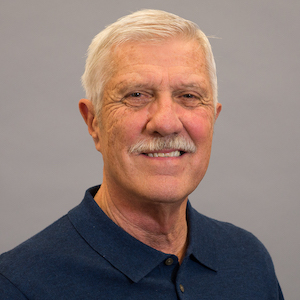 A Pennsylvanian by birth, Charles Lutz earned a B.A. in Political Science at the Pennsylvania State University in 1967 and in 2009 was named a Liberal Arts Centennial Fellow. He also undertook graduate studies in Criminal Justice at the Florida International University. Although this is his first book, he has written articles published in the Weider History Group’s Vietnam magazine and in his local newspaper. He ended full-time employment 15 years ago and retired with his wife, Joy, to the Golden Corner of western South Carolina where he carried out international consulting, private investigations, and State Department-contracted background investigations. Now he mostly writes and plays golf.
A Pennsylvanian by birth, Charles Lutz earned a B.A. in Political Science at the Pennsylvania State University in 1967 and in 2009 was named a Liberal Arts Centennial Fellow. He also undertook graduate studies in Criminal Justice at the Florida International University. Although this is his first book, he has written articles published in the Weider History Group’s Vietnam magazine and in his local newspaper. He ended full-time employment 15 years ago and retired with his wife, Joy, to the Golden Corner of western South Carolina where he carried out international consulting, private investigations, and State Department-contracted background investigations. Now he mostly writes and plays golf.
Buy this Book!
Amazon